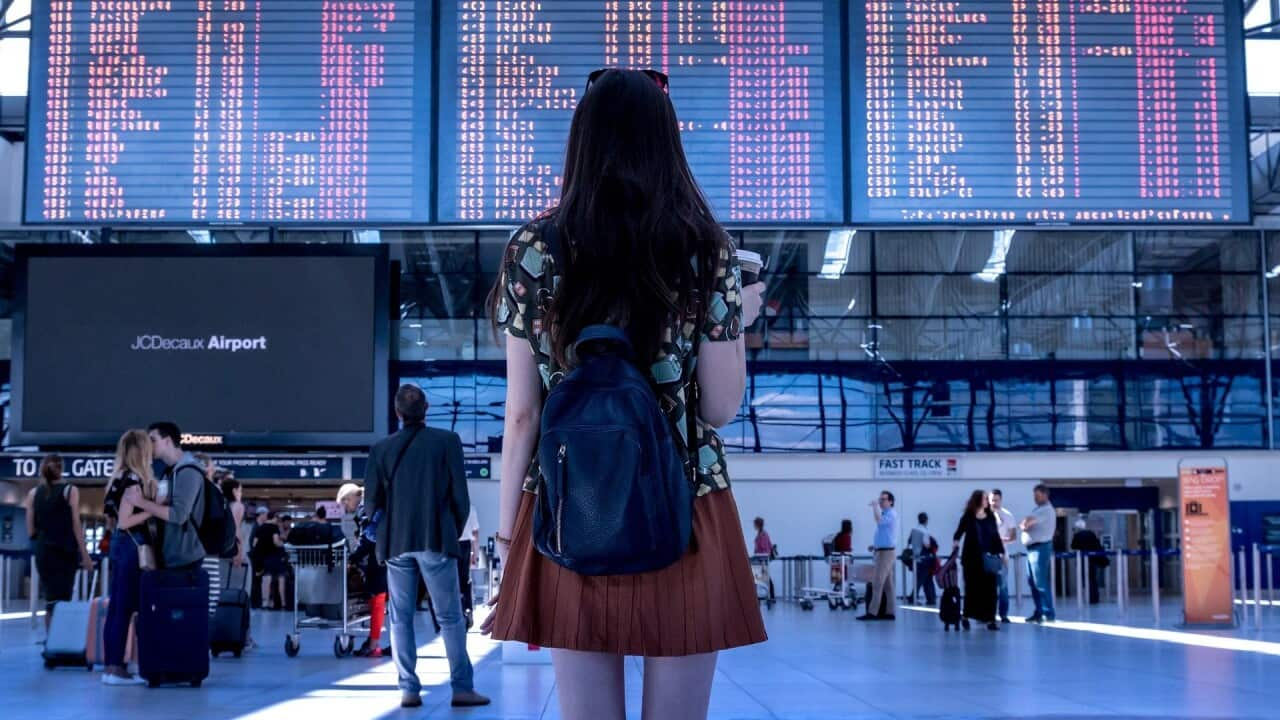Highlights
- Alan Tudge signals 'slow, but steady' reopening of international borders
- Australia is working towards establishing travel bubble arrangements with low-risk countries: Tudge
- 'We are working towards facilitating the safe return of international students'
Nearly eight months after the Australian Government closed its international borders to non-Australian citizens and residents to contain the coronavirus outbreak, Minister Tudge today indicated that the country is working towards getting the borders reopened “slowly, but safely."
Proving an insight into the plan for lifting the international travel ban during a multicultural press conference on Friday, Mr Tudge said the government is employing a number of ways to initiate the reopening.
“We have firstly started to bring in some temporary skilled migrants again, but on a priority listing. We have started the bubble arrangements now with New Zealand whereby you don’t have to quarantine. It’s a very significant step,” he said.
The development comes nearly a month after the Treasury signalled a while maintaining that travel movement will continue to remain low and slow through to the latter part of 2021.

Acting Minister for Immigration Alan Tudge Source: AAP
He said these bubble arrangements will help pave the way for the return of more people into the country.
“Those countries have also had very low infection rates. And if those open up again it will mean we will be able to bring people into Australia without the quarantine because the quarantining you will appreciate almost becomes the bottleneck or the speed limit of how many people we can bring into the country,” he said.
This, however, means that international borders will remain closed to all other high-risk counties for the foreseeable future.
'Stranded Australians to return home by Christmas'
Minister Tudge said there were around 34,000 Australians who have registered their interest to return home with DFAT, for whom the federal government has been prioritising a return.
“Just been informed that there are 34,000 Aussies registered with the DFAT at the moment. This year, DFAT has already helped over 30,000 return in the last few months. So those mechanisms are there. We are confident that those people will be able to get home by Christmas,” he said.
The weekly cap on international arrivals currently sits at 6,000 but is expected to be increased this month, enabling more Australian citizens and permanent residents to return home.
What about international students?
In October earlier this year, the government in its Budget estimates had assumed that Australia’s 120,000 international students who remain stranded offshore will gradually start to return through the states’ ‘small and phased’ pilot programs starting from late 2020. Reassuring international students who bring $39 billion to the national economy, Minister Tudge said the government is combing out the final details of the two initial pilots, expressing willingness to revive and reopen the sector “in the not so distant future.”
Reassuring international students who bring $39 billion to the national economy, Minister Tudge said the government is combing out the final details of the two initial pilots, expressing willingness to revive and reopen the sector “in the not so distant future.”

A representation of international students Source: AAP
“When you think about the numbers here, in a normal year we have about a 195,000 international students coming to the country at the start of the calendar year. It’s a very significant number and obviously, it's really tricky at the moment given our quarantine arrangements.
"We are trying to find a solution knowing that having international students in Australia is great for those students, it’s great for Australia and over the years international students have been a terrific source of new Aussies down the track," he said.
So far Northern Territory and South Australia have confirmed plans to facilitate the return of international students, under which 70 students are expected to return to Darwin and up to 300 students will return to universities in Adelaide respectively.
People in Australia must stay at least 1.5 metres away from others. Check your state’s restrictions on gathering limits.
If you are experiencing cold or flu symptoms, stay home and arrange a test by calling your doctor or contact the Coronavirus Health Information Hotline on 1800 020 080.







